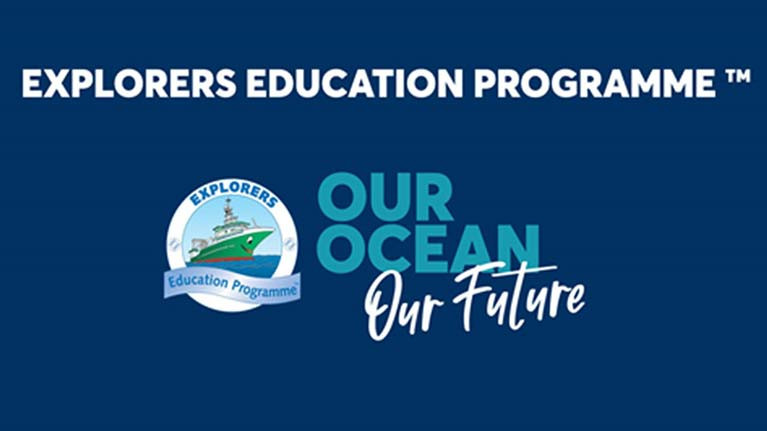The children from Glenageary Killiney National School (GKNS) are participating in the Marine Institute's Pilot Explorers Education Programme™, hosted by the Irish National Sailing & Powerboat School in Dun Laoghaire this Friday. The programme complements the national school curriculum, presenting children with a deeper understanding of the impact of our ocean, climate change, conservation and a deeper understanding of living things that abound our shores. This programme is a pilot programme funded by the Marine Institute.
‘The children of 5th class in GKNS are delighted and excited to be taking part in this pilot programme, especially this year, as it is very relevant to our attempts to achieve the Green School Biodiversity Flag’ reports Ms Yates, class teacher of fifth class.
The children will participate in a sea safari on the beaches of Salthill and Sea Point in Dun Laoghaire examining marine life and studying the conservation aspects of the shoreline. They will discuss and debate ocean literacy and plan individual and group projects on their findings.
Fifth class hope to participate in The Marine Institute's Explorers Super Hero Pop Art & Creative Writing Competition which was launched by the Marine Institute on the 27 January and is open to all primary schools.


























































